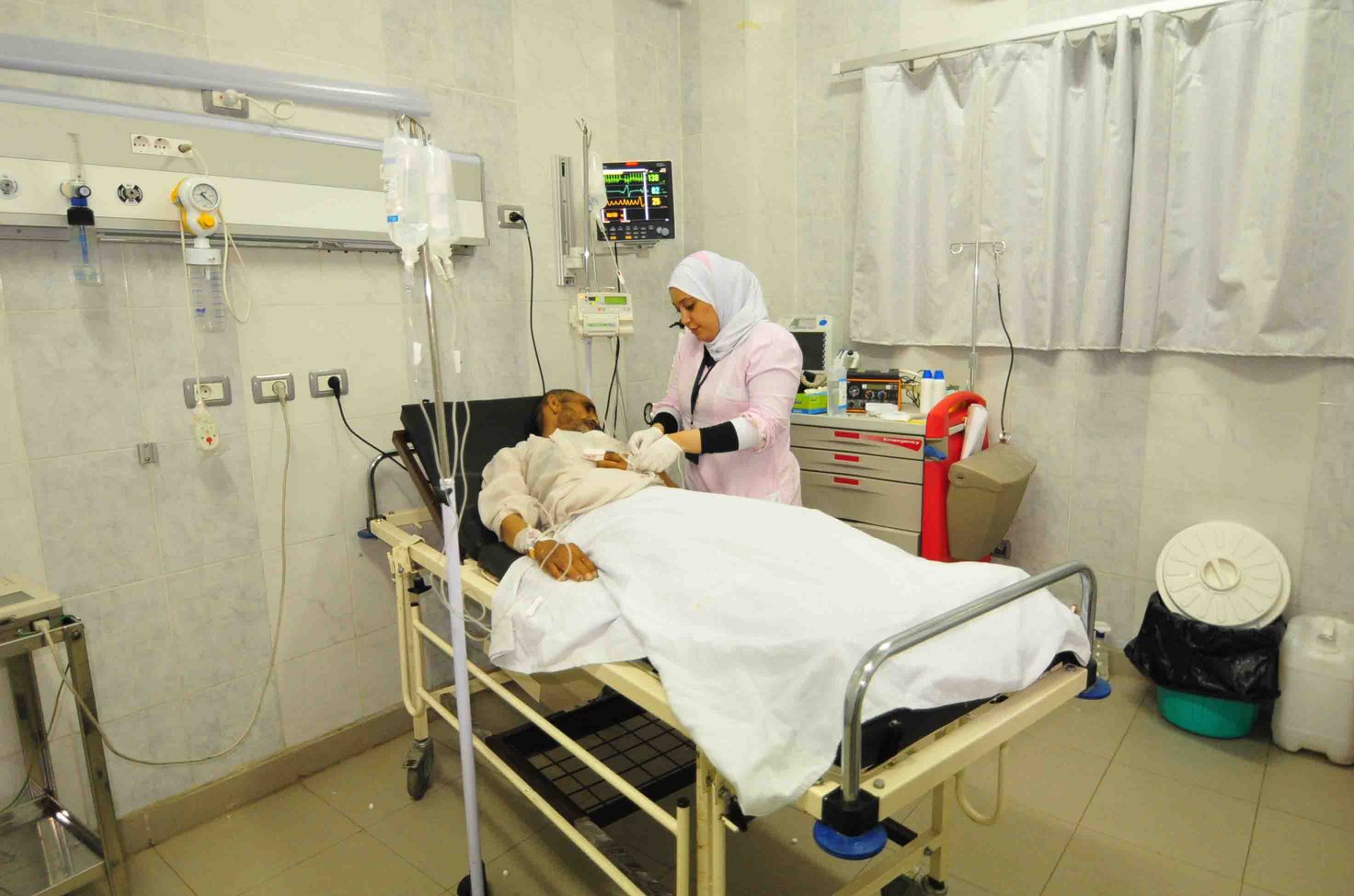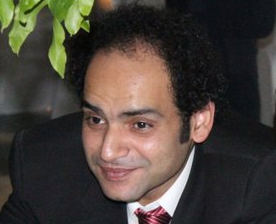The Administrative Prosecution slammed the healthcare system in Egypt following investigations into the death of a child earlier this year who failed to obtain access to medical treatment.
In light of the investigations, the Administrative Prosecution Chief Sameh Kamal notified the cabinet of its results and the overall shortage in medical services, medicines and equipment.
Kamal called on Prime Minister Sherif Ismail to immediately intervene in advancing the capacity of healthcare in public and educational hospitals to ensure that adequate medical service is provided for all citizens according to the constitution.
The prosecution stated in its investigation results on Saturday that the entire healthcare sector is no longer capable of meeting the citizens’ needs. “This case is much more than just medical negligence, but rather a wakeup call for immediate and comprehensive reforms in the healthcare system,” the prosecution report stated.
On 13 December 2015, a four-year old child was hit by a motorcycle in a road accident near Shoubra El-Kheima district. Her father, who later submitted a complaint to the prosecution, said he went to four hospitals on the day of the accident but none of them allowed her a bed, claiming none were available.
Those hospitals, according to the prosecution investigation, were Al-Demerdash, Nasser Institution, the accident and emergency wing of Qasr Al-Ainy, and Al-Hussein Educational Hospital.
The child was bleeding severely and fell into a coma, yet the hospitals that refused to admit her to a ward instead treated her as a normal case and provided a generic medical check-up and some medication.
“Those hospitals should have taken responsibility for the child’s critical condition instead of claiming that beds were unavailable,” the prosecution said. It further referred to negligence by the Central Unit for Critical Care which failed to provide a bed for the child for a period of three days.
The Health Ministry spokesperson was not available for comment.
Former Prime Minister Ibrahim Mehleb issued decision 1063/2014, based on the 2014 Constitution, which guarantees free of charge medical treatment during the first 48 hours for emergency cases. The decision also priced medical examinations during official working hours at just EGP 1.
Nevertheless, there have been thousands of cases of medical negligence cases were reported during 2015. A total of 1,997 violations in Cairo alone have been investigated by the Administrative Prosecution, followed by 1,668 cases in Alexandria and 820 cases in Giza.
This number only makes up about half of the real number of violations commonly practiced inside public hospitals, according to Doctors Syndicate board member Ihab Al-Taher in previous statements.
“Not every person files a complaint, which makes it very hard to document all violations in the health sector,” he previously told Daily News Egypt.
Public hospitals suffer from a shortage of beds due to the rising population and inadequate funding to expand their services.
Only 33 beds are available for every 10,000 citizens in Cairo’s hospitals, according to the Egyptian Centre for Egyptian and Social Rights (ECESR) census in June 2015. Governmental expenditure on healthcare in Egypt accounts for 5.4% of the state budget, which is far less than other countries in Africa, such as Djibouti where up to 14% is spent on healthcare.
This has prompted the Egyptian government to undertake legislative reforms that aim to advance healthcare services for underprivileged citizens by drafting the new health insurance bill in 2015.
The bill is currently pending parliamentary review after months of negotiations between the Health Ministry and the Doctors Syndicate.




